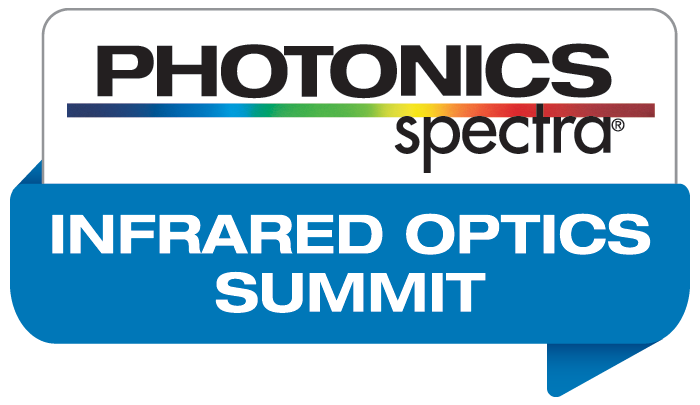 Precision Automation Principles for the Optimal Testing and Packaging of PIC Devices
Precision Automation Principles for the Optimal Testing and Packaging of PIC Devices
Thu, Sep 21, 2023 1:00 PM - 2:00 PM EDT
Production-scale testing of silicon photonic devices continues to be a challenge due to the multi-degree-of freedom, high-precision, optical alignments required for wafer- and die-level testing. Wide variances in chip designs and coupling features complicate test procedures, making it difficult to identify a system capable of producing repeatable measurements across various topologies. Brett Heintz of Aerotech Inc. provides a guide for selecting precision motion equipment to minimize the impact of positioning errors on optical alignment test results. Presented by Aerotech.
 Infrared Optics Summit
Infrared Optics Summit
Wed, Sep 20, 2023 10:00A EDT
Photonics Media invites you to join us virtually on September 20 to unlock the world of infrared optics and explore the unnoticed focal planes improving the imaging, remote sensing, and communications industries. Brought to you by the editors of Photonics Spectra magazine, the Infrared Optics Summit features five presentations curated to help capture, manipulate, and detect infrared radiation. Join professionals from Hamamatsu Corporation, SCHOTT North America, Materion Balzers Optics, Edmund Optics, and MKS Ophir for a day dedicated to better understanding the emerging applications of IR Optics.
|
|
|